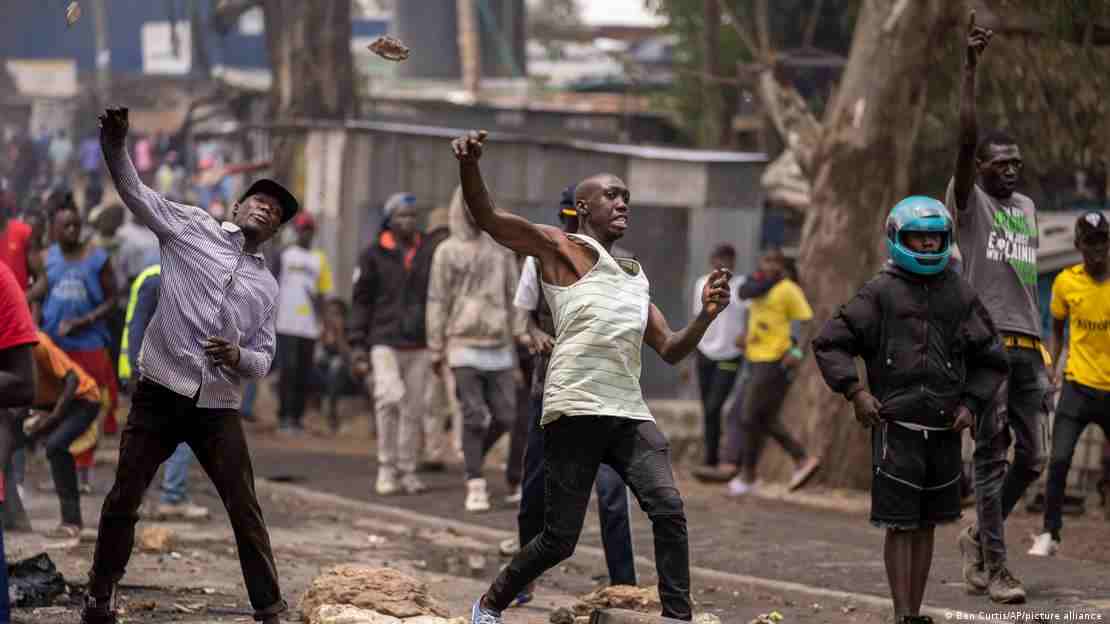On Monday, March 20th, Kenyan opposition supporters took to the streets for a day of action in defiance of a ban on protests. The country has been facing a cost of living crisis, with many citizens struggling to make ends meet. The protests, called for by opposition leader Raila Odinga, were held in Nairobi and other parts of the nation.
Despite warnings from government officials and arrests of several demonstrators and opposition legislators, Odinga remained resolute in his determination to hold the rallies. “I want Kenyans to come out in large numbers and show the displeasure of what is happening in our country,” he told his supporters on Sunday, March 19th. He also insisted that protests would proceed as planned and demonstrators would march to State House, the official residence of the president.
The government has been quick to respond to the protests, with Nairobi police chief Adamson Bungei stating that police had only received requests to hold two demonstrations, despite the need for three days’ notice for public rallies. “For public safety, neither has been granted,” he said. Interior Minister Kithure Kindiki also issued a statement warning that anyone inciting public disorder or disturbing the peace would be prosecuted.
As a result of the protests, roads in Nairobi were quieter than normal, and many businesses closed for the day. Some employers even instructed their staff to work from home in anticipation of the demonstrations. Despite the government’s efforts to quell the protests, the opposition remains steadfast in their commitment to challenging the status quo.
Kenya has a long history of political and economic instability. Corruption, poverty, and ethnic tensions have all contributed to the country’s challenges. However, there is hope that the protests will spark a larger conversation about the issues facing Kenyans and lead to meaningful change. It is up to the government and the opposition to work together to find solutions to the country’s problems and improve the lives of their citizens.
The protests come at a time when many Kenyans are struggling to make ends meet. Prices for basic necessities have surged, the local shilling has sharply dropped against the US dollar, and a drought has left millions hungry. The opposition has blamed the economic situation on President Ruto’s leadership.
The government’s ban on protests highlights the level of concern among officials regarding the current situation. However, the opposition argues that the ban is an attempt to suppress dissent and stifle their message. The situation in Kenya remains tense, with both sides digging in their heels.
Image Credit: Ben Curtis/AP/picture alliance




